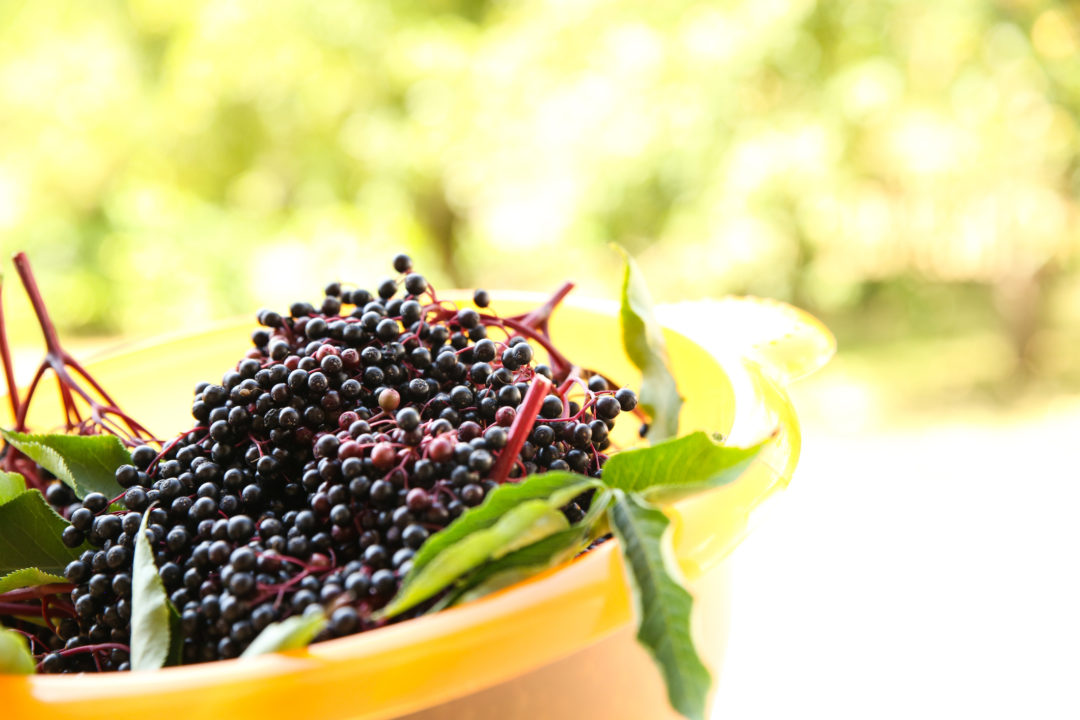Key factors, as outlined by ABC in the release:
- High demand: In the first six months of 2020, elderberry supplements were ranked as the top-selling herbal dietary supplement ingredient in the U.S. in both the mass market and natural retail channels.
- Supply chain challenges: COVID-19-triggered supply chain challenges led to shortages in the availability of elderberry ingredients, along with higher raw material prices for those ingredients.
ABC notes that published data on the authenticity of commercial elderberry products in peer-reviewed scientific journals are lacking, so to assess the quality and authenticity of commercial materials, BAPP asked ingredient suppliers, product manufacturers, and independent analytical laboratories that test elderberry ingredients and finished products to provide data from chemical or genetic assays evaluating elder berry authenticity. Analytical data were provided by Artemis International, Gaia Herbs, Nature’s Way, and Naturex, and the independent analytical laboratories Alkemist Laboratories, DNA4 Technologies, Eurofins, and NSF International.
ABC reports that 532 samples were analyzed, and 58 (10.9%) failed identity specifications. The results show that black rice (Oryza sativa) extract, described in the release as a relatively low-cost ingredient that contains some but not all of the anthocyanidin compounds found in elderberry, is a frequent adulterant.
The paper, which is co-authored by 15 botanical science experts with Stefan Gafner, Ph.D., ABC Chief Science Officer and BAPP Technical Director, as the lead author, also gives a brief overview on elderberry taxonomy, medical use, chemistry, and the market situation in the U.S.
“I have been using elder berry syrup on several occasions over the past year and rely on the manufacturer to produce an authentic product that will provide the expected benefits," said Dr. Gafner in the release. "As a consumer, it is very disappointing to see that some of the elder berry ingredients and products offered are not what they claim to be. As a scientist, I am not surprised, since this adulteration follows a well-established scheme of using anthocyanin-rich extracts from low-cost sources as undeclared substitutes, which has also been observed, for example, with the adulteration of bilberry, blueberry, and cranberry extracts.”
ABC Founder and Executive Director Mark Blumenthal, who is also Founder and Director of BAPP, added: “This is the first scientific publication that confirms what many scientific and botanical industry experts have suspected for a long time—that, unfortunately, like many other popular botanical ingredients used in some dietary supplements, elder berry is subject to adulteration and fraud by sellers who do not ensure the proper botanical identity and authenticity of their ingredients. Accordingly, companies seeking authentic elder berry ingredients for their products must use considerable caution and appropriate analytical methodology to ensure the proper identity of their ‘elder berry’ ingredient supplies. There are many responsible and reputable companies that perform the appropriate analytical due diligence on their elder berry ingredient supplies to confirm the identity of their ingredient and ensure the reliability of their elder berry products. However, the results of our paper strongly suggest that not all companies selling ‘elder berry’ products perform adequate quality control measures.”
Related: BAPP Celebrates 10 Years The Immune Boom Building Trust: Third-Party Lab Testing and Certifications
ABC Board of Trustees member Steven Foster spoke to the significance of the publication, stating, "This comprehensive review of the prospects and problems of the elder berry dietary supplement product category helps to explain confusion in popular and scientific names of source plants and the differences seen in chemical profiles between American and European elder berry extracts. It also apprises manufacturers of the possibility of adulteration revealed by the analytical labs which contributed to this important paper."Read thearticle, which is free to access, on theBAPP site;registration on the site is required to access the articles.










